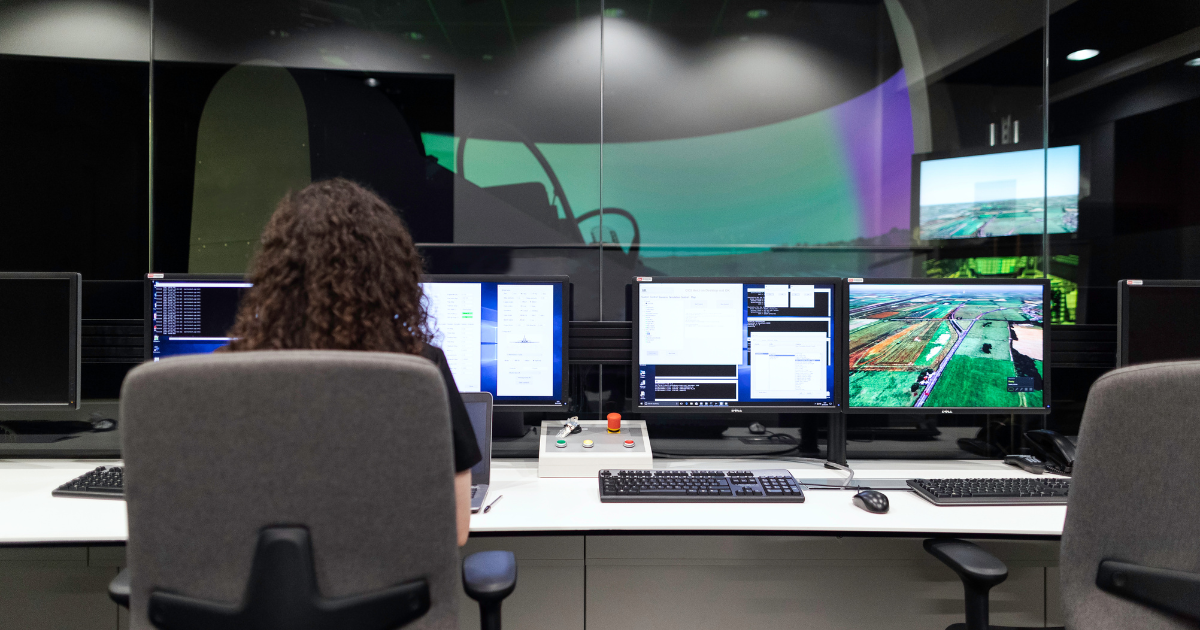The primary function of software testing is to ensure that the software product is bug-free which helps to enhance the software reliability and security. The scope of software testing includes:
- Execution of that code in various environments and scenarios.
- Examine the aspects of the code:
- Does the software do perform the executed task
- Function according to the specified functionality
The most common question which we come across during Testing is “When to start testing?” and “When to stop testing?”. Therefore, it is recommended to start testing from the initial phase of the software development.
This not only helps in finding the errors earlier but prevents the tedious job of redeveloping the software. It saves time and is cost-effective. Software testing is an ongoing process, which is potentially endless. But it is required to be stopped somewhere, due to the lack of time and budget. The tester has to follow some procedural way through which he has a good test coverage and does not fall into exhaustive testing. To help testers carry out these day-to-day activities, a test plan is set up to ensure that all necessary features are tested and prioritize those test cases which deal with important and sensitive data.
Exit Criteria To Be Considered
Completing a software testing phase, the following exit criteria should be considered:
- Passing all the critical test cases.
- Achieving complete functional test coverage.
- Successful execution of major functional or business flows for the given software product.
- Identifying and fixing all the high-priority defects or bugs.”
- Re-testing and closing all high-priority Bugs. It will allow for the successful execution of the corresponding regression scenarios successfully.



